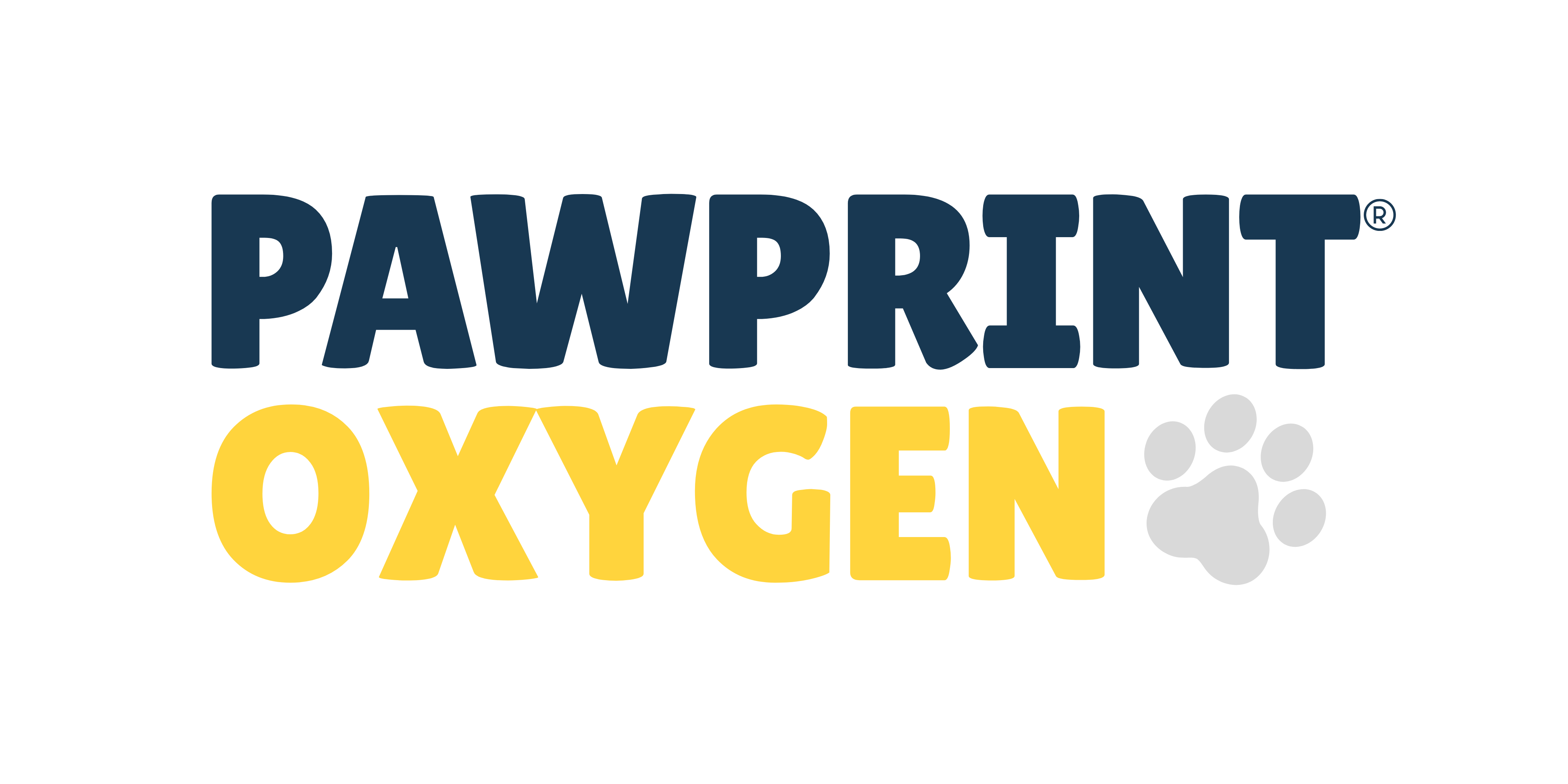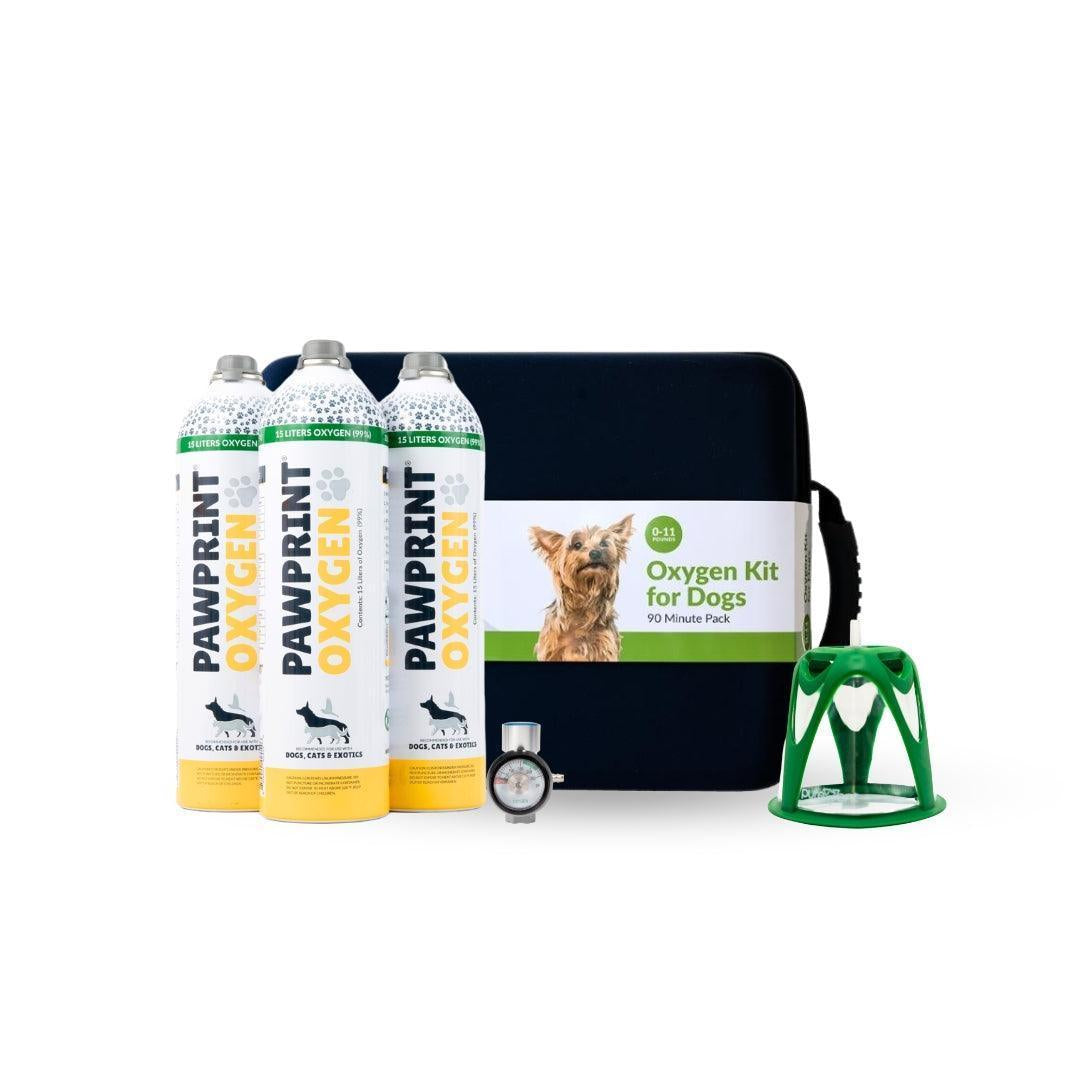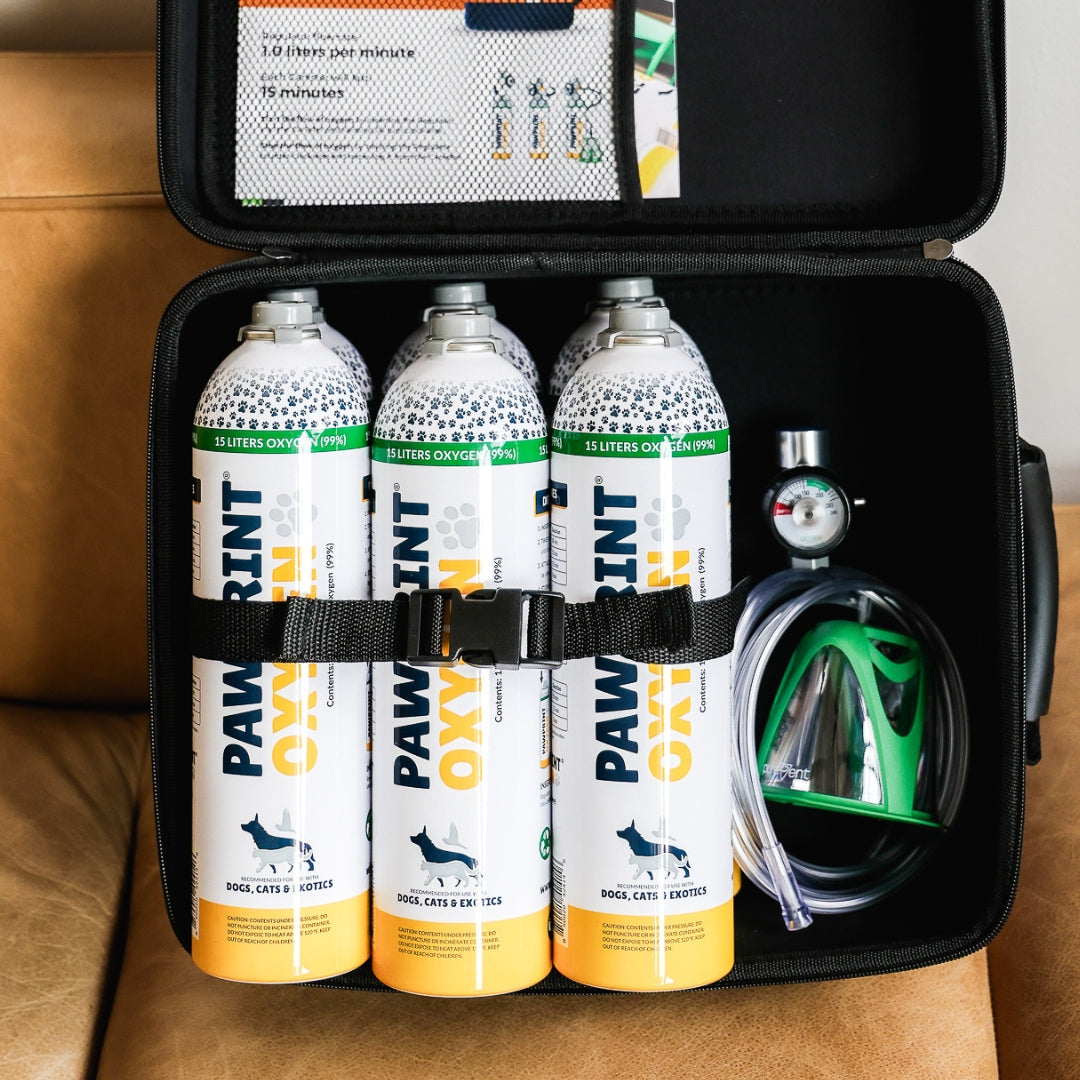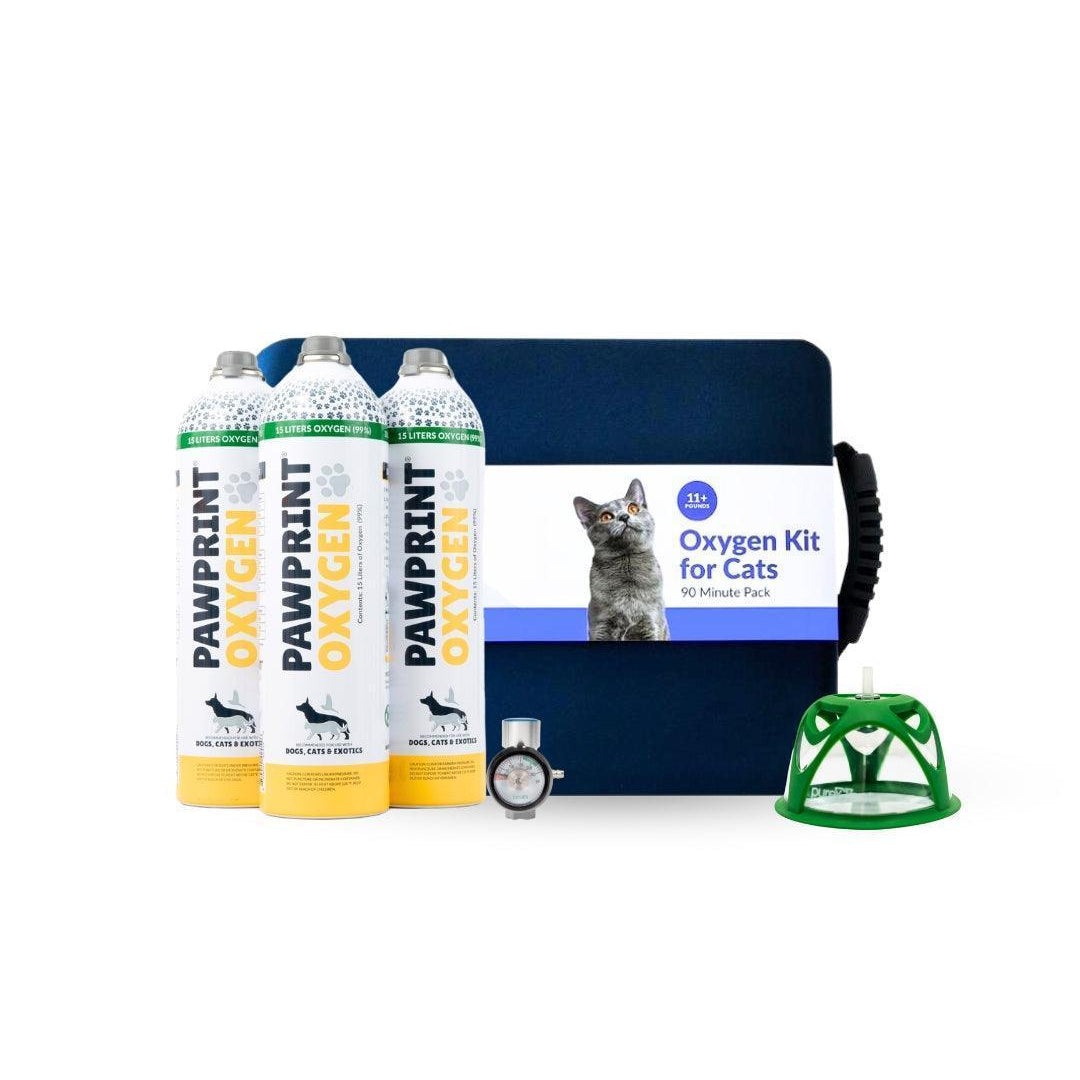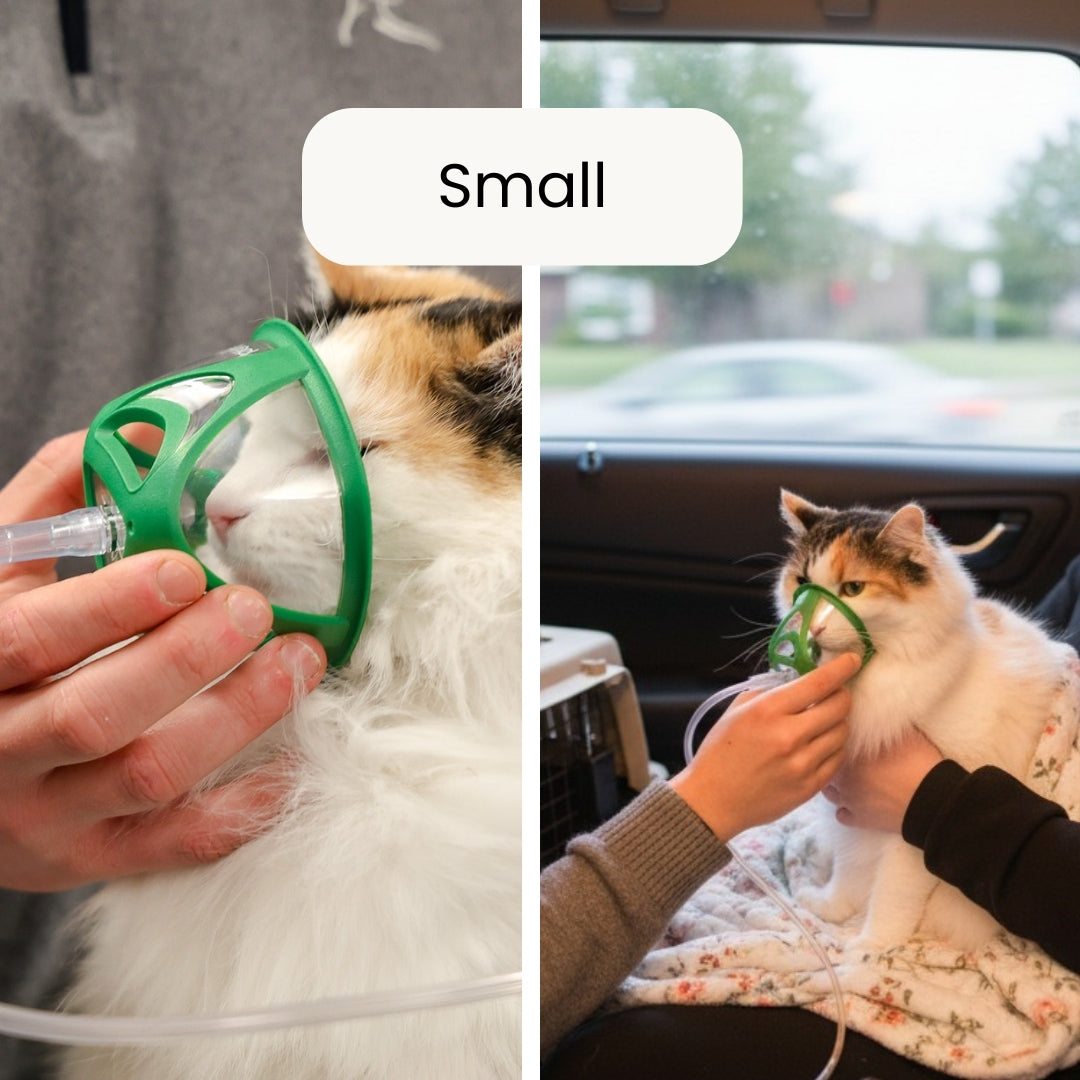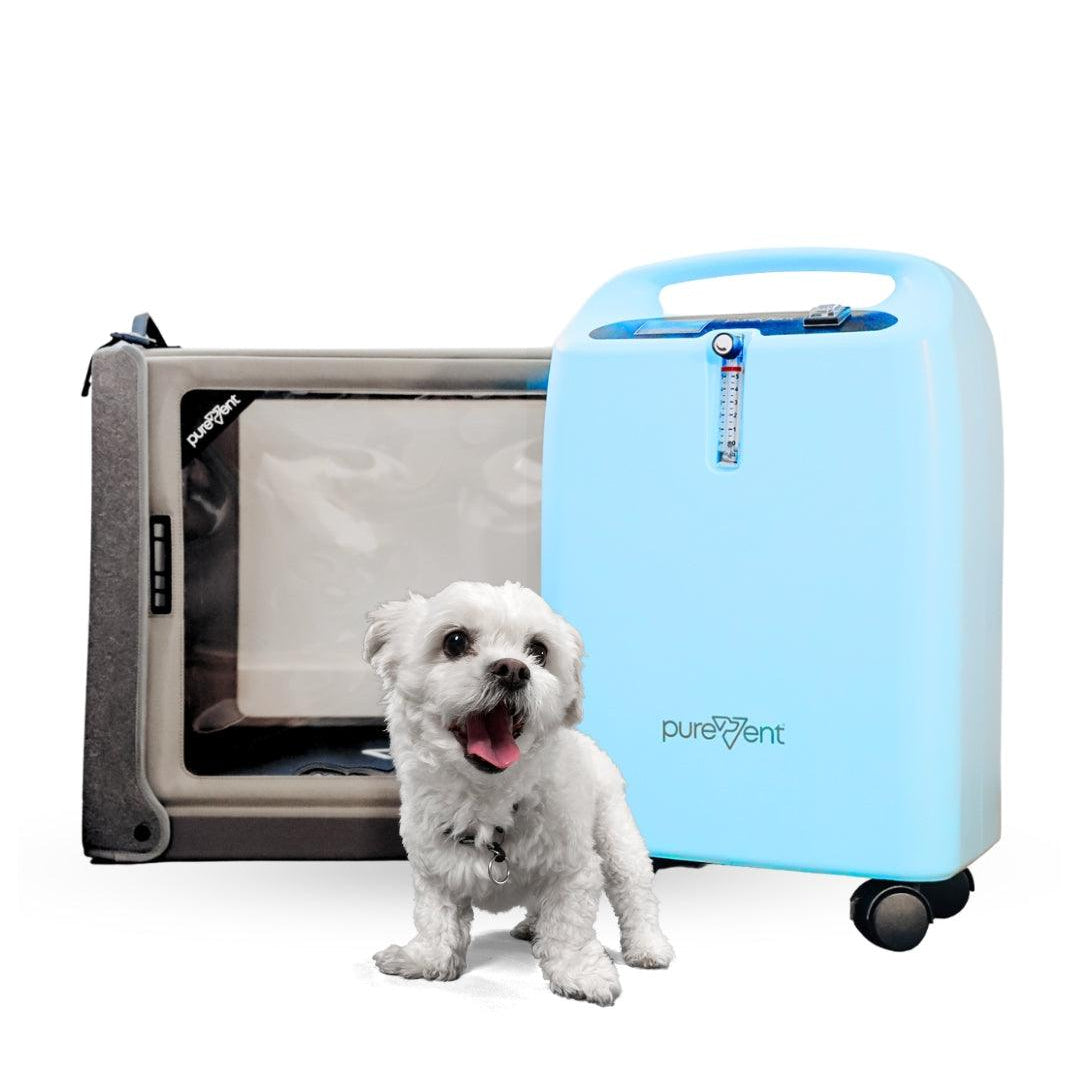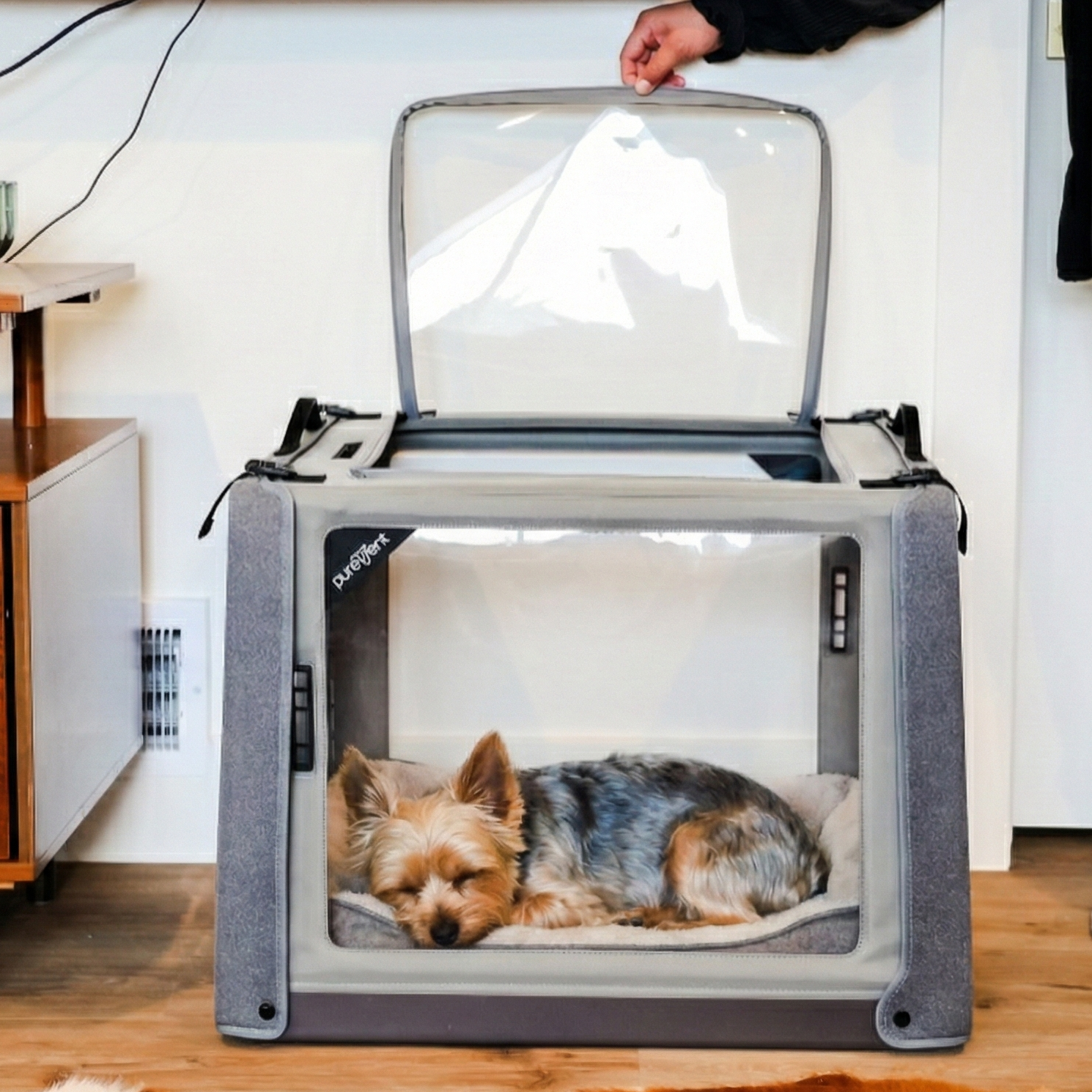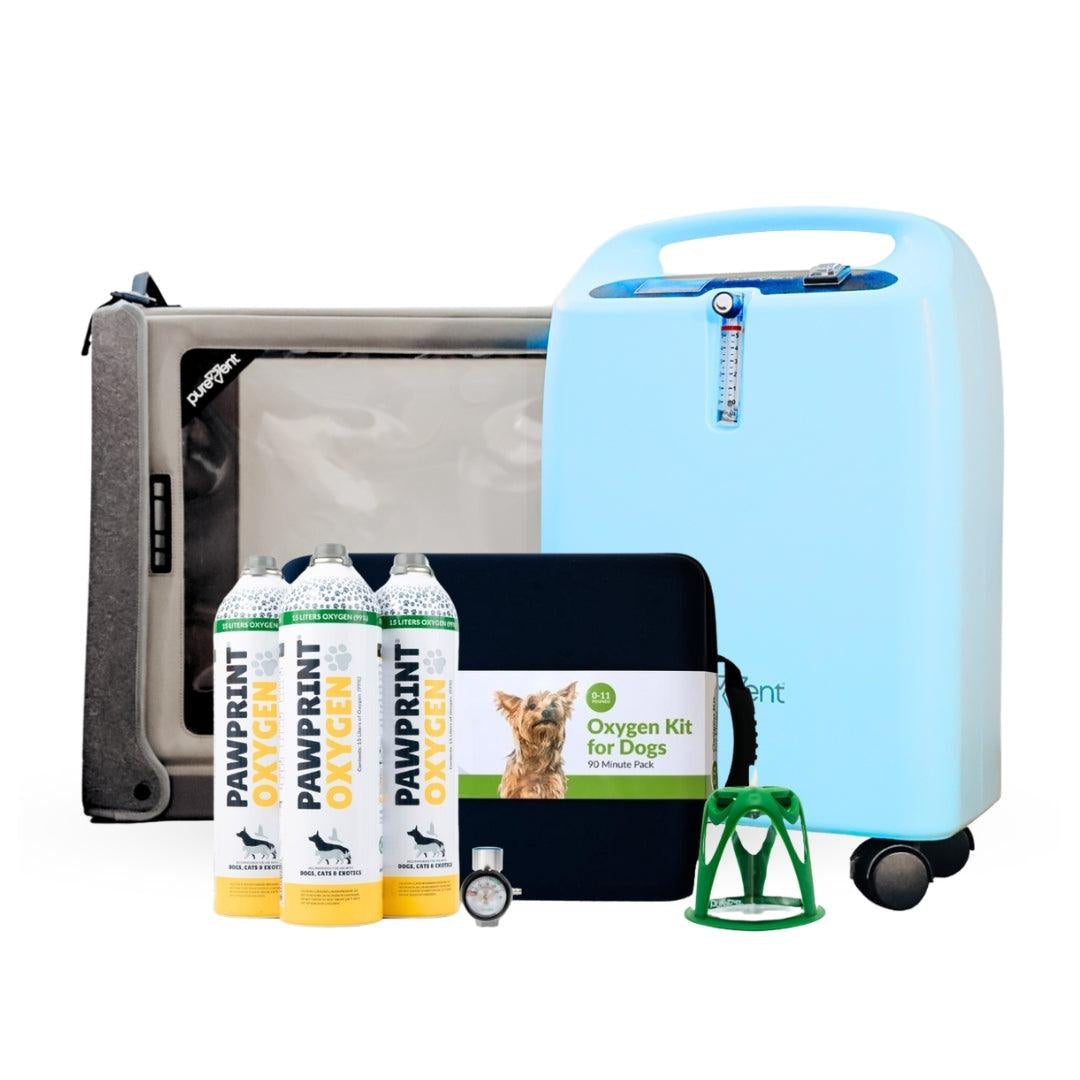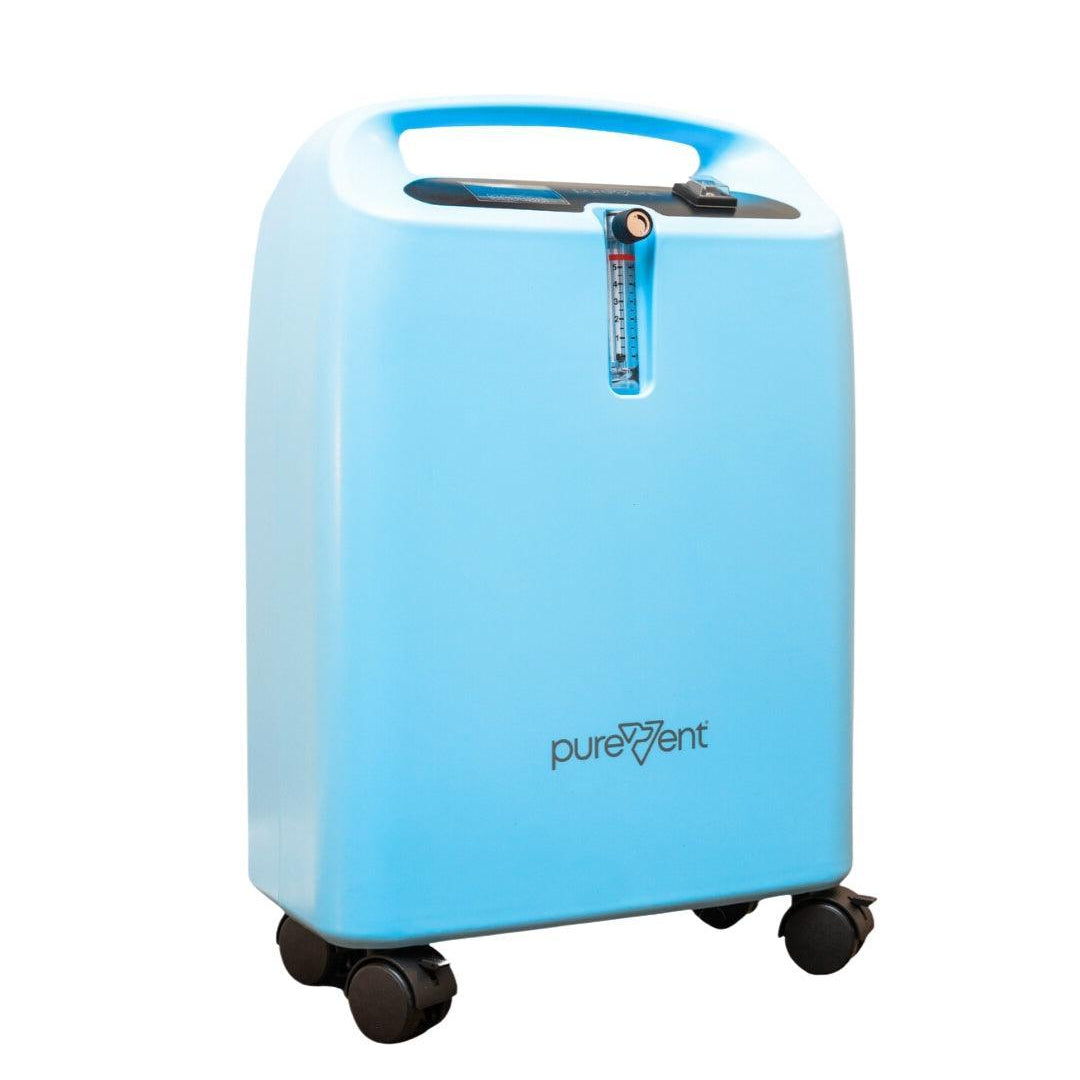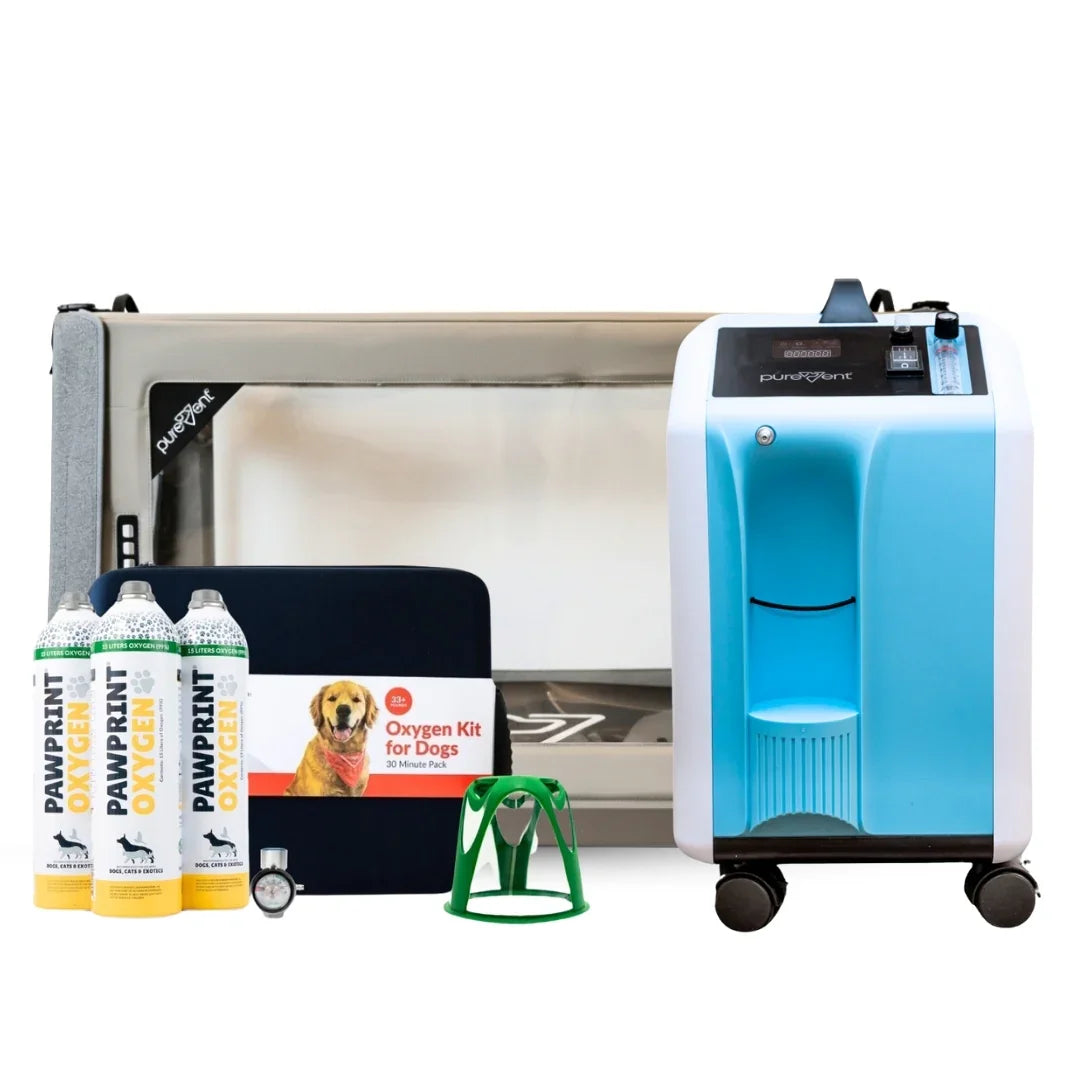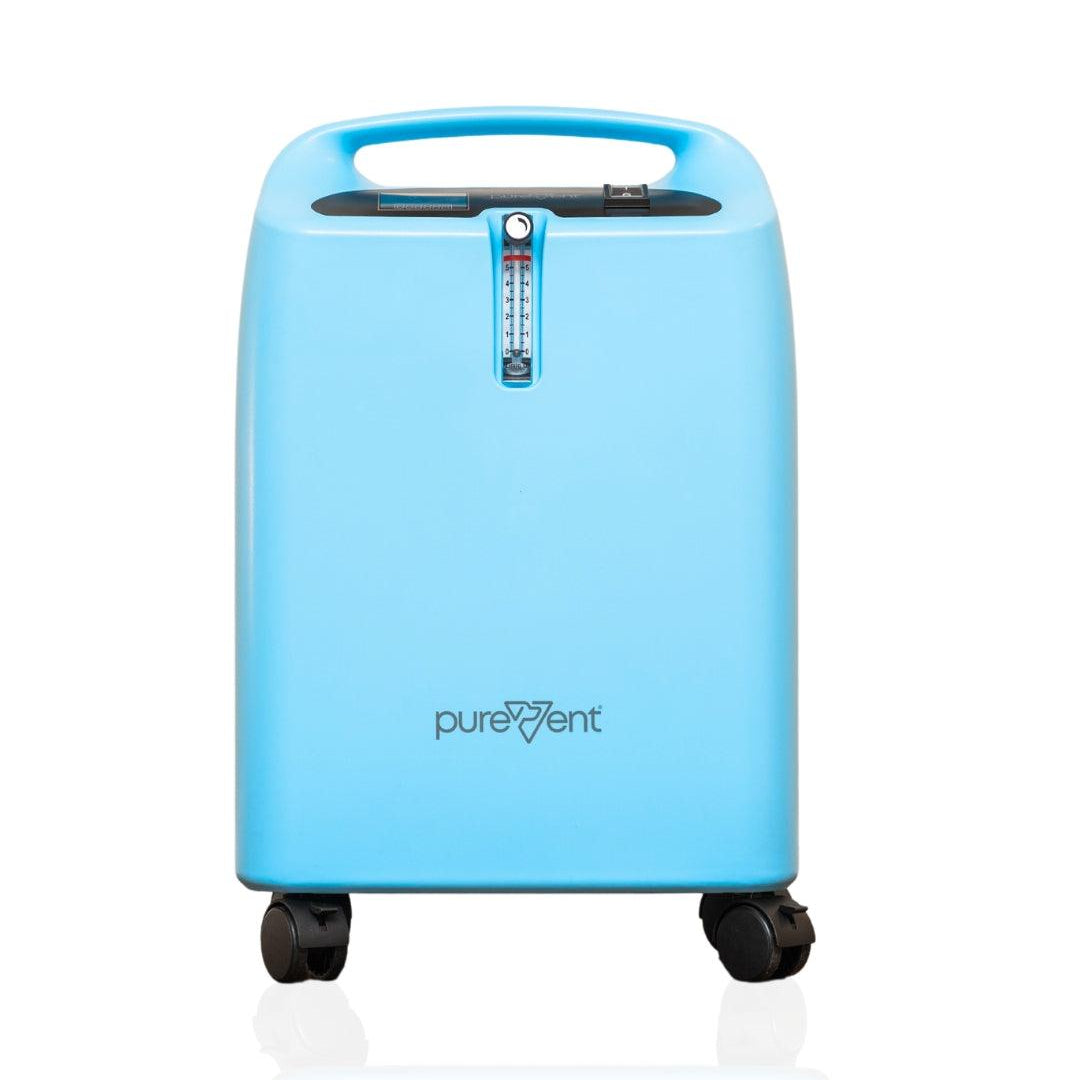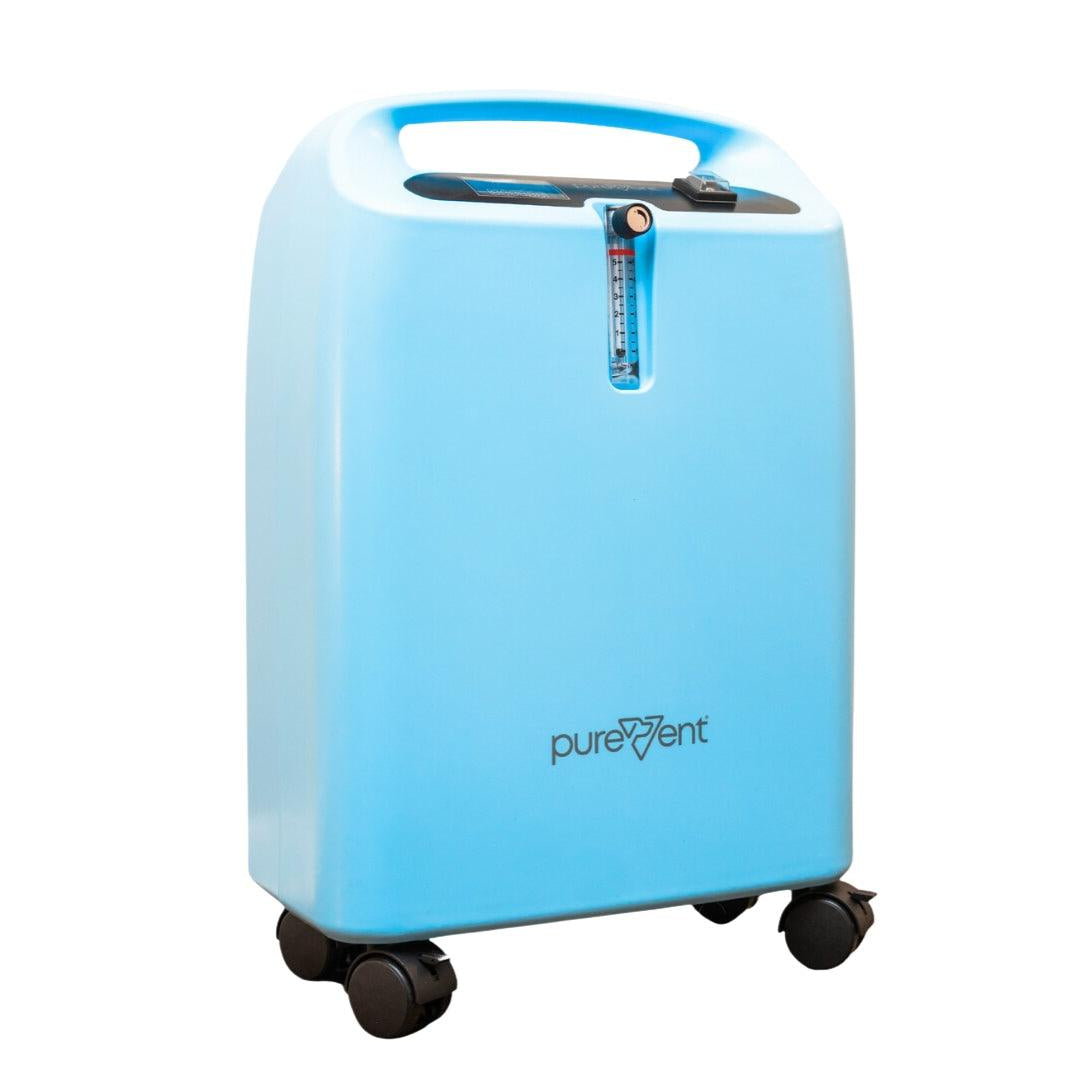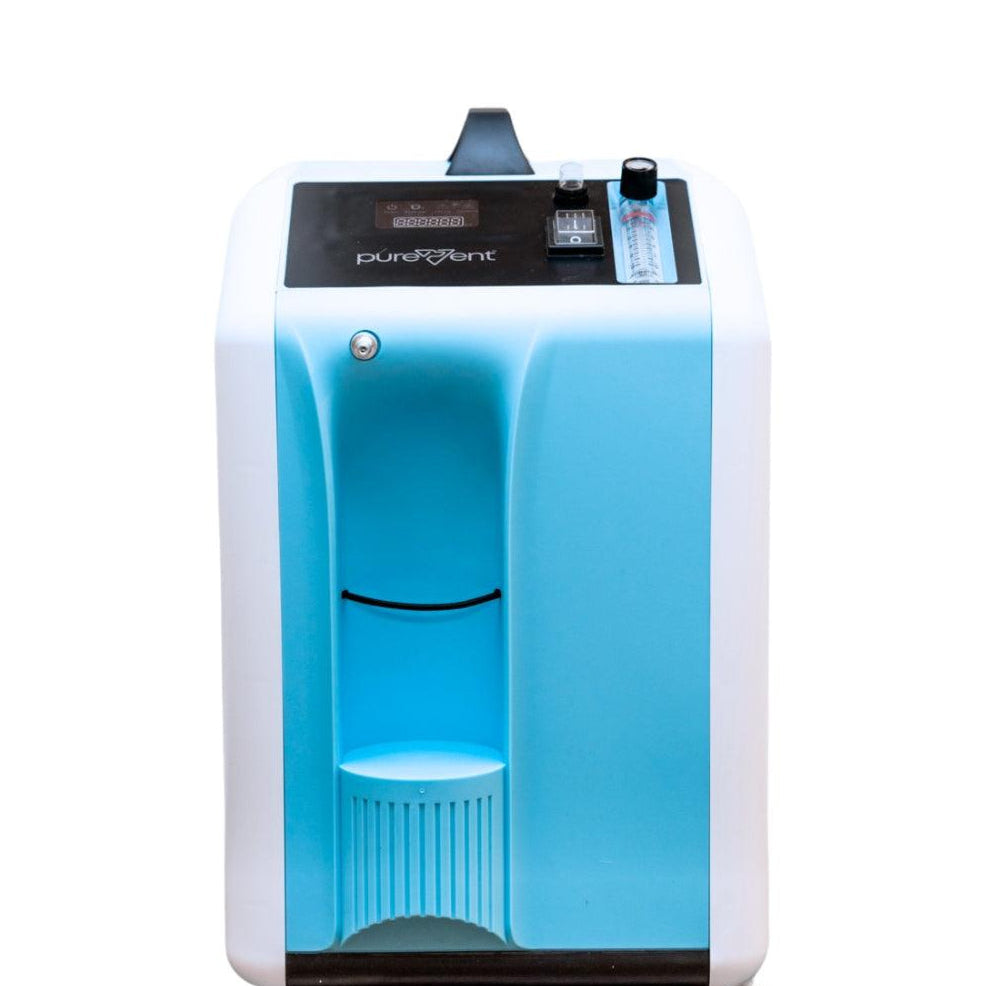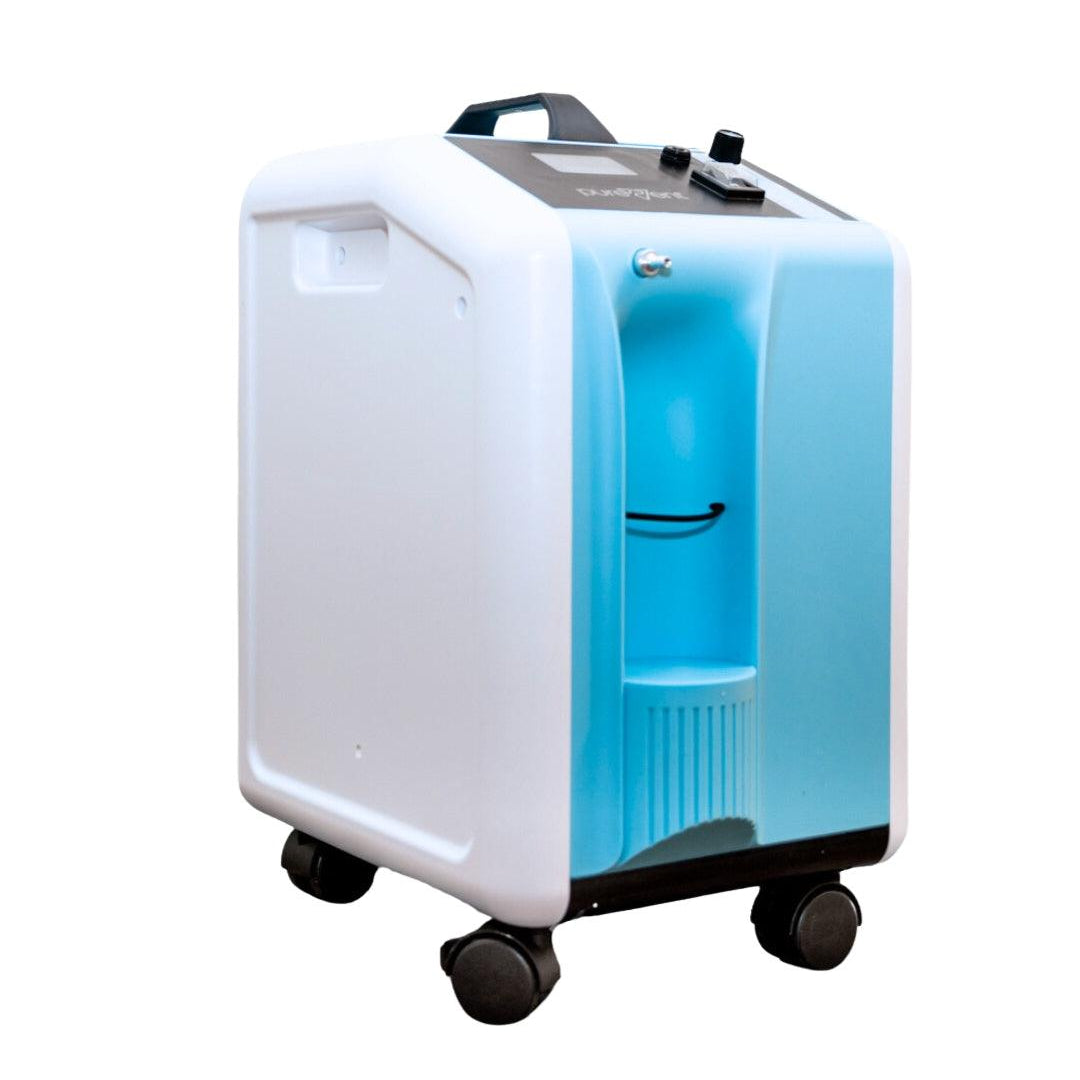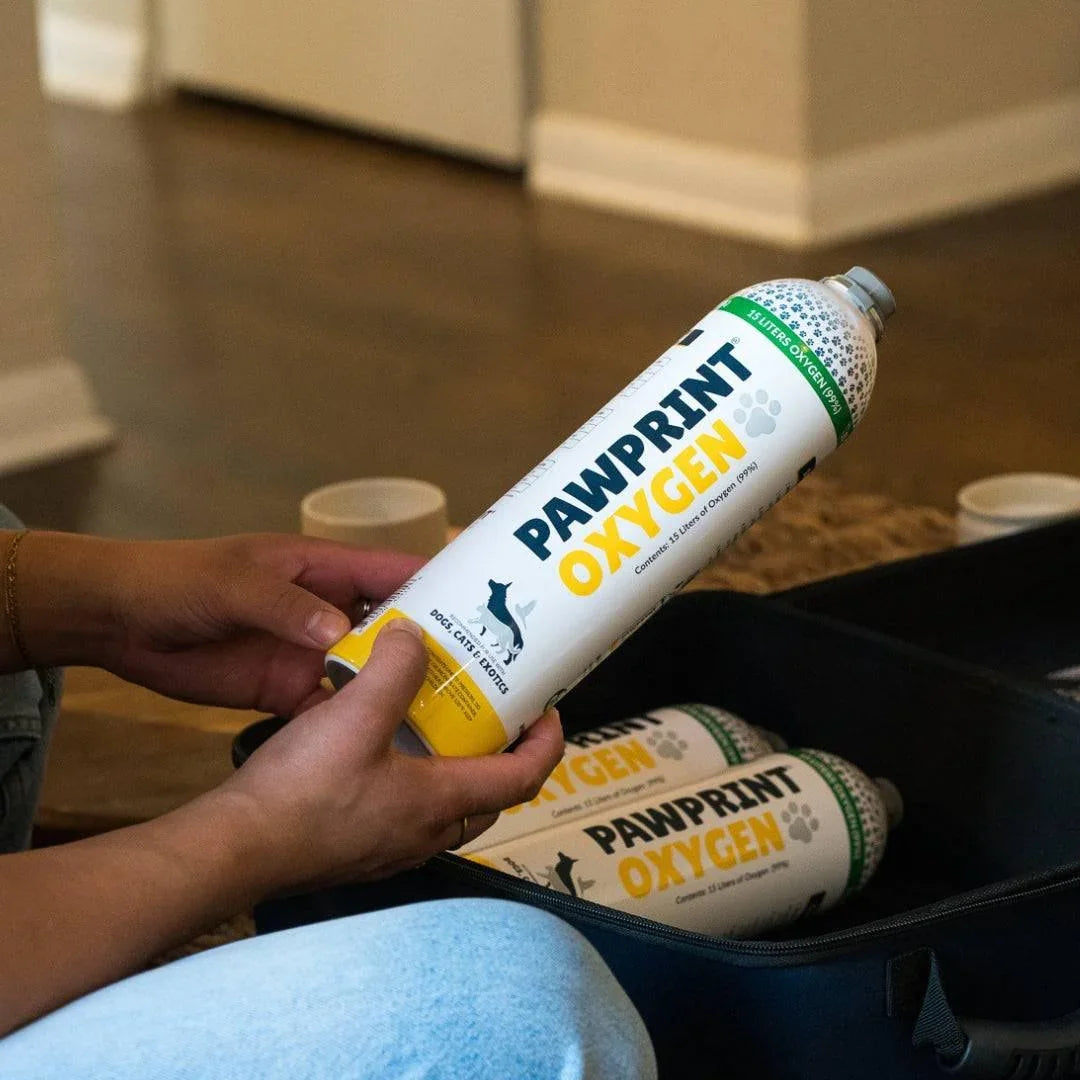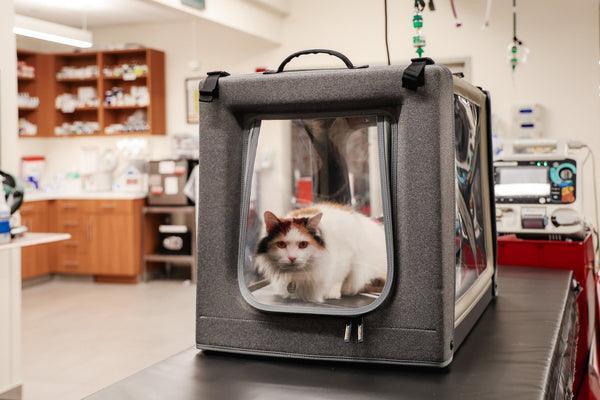Collapsed trachea is a common condition in dogs, especially in small breeds like Chihuahuas, Pomeranians, and Yorkies. This condition occurs when the tracheal rings, which are normally firm and round, become weak and flattened, leading to difficulty in breathing. It's crucial for pet owners to understand the medications and therapies available to manage this condition effectively.
Table of Contents

Medications for Collapsed Trachea
When managing a collapsed trachea, medications are often the first line of defense. These medications help to alleviate symptoms, reduce inflammation, and prevent complications. Understanding which medication to use and when can make a significant difference in your dog's quality of life.
Cough Suppressants
-
When to Use :
Cough suppressants are often the first line of treatment. They are used to reduce the severity and frequency of coughing, which can irritate the trachea further.
-
Common Medications :
Hydrocodone, Butorphanol
-
Prescription Needs :
Yes, these medications require a prescription.
-
Side Effects :
Sedation, constipation, the potential for dependency with long-term use.
Bronchodilators
-
When to Use :
Bronchodilators help to open up the airways, making it easier for the dog to breathe with a collapsed trachea. They are particularly useful if there is concurrent airway disease or if the cough suppressant alone isn't sufficient. This is an extremely common medication for collapsed trachea.
-
Common Medications :
Theophylline, Terbutaline
-
Prescription Needs :
Yes, these medications require a prescription.
-
Side Effects :
Increased heart rate, agitation, gastrointestinal upset.

Corticosteroids
-
When to Use :
Corticosteroids are used to reduce inflammation in the collapsed trachea. They are typically used for short-term flare-ups rather than long-term management due to their side effects.
-
Common Medications :
Prednisone, Prednisolone
-
Prescription Needs :
Yes, these medications require a prescription.
-
Side Effects :
Increased thirst and urination, increased appetite, potential for immune suppression with long-term use.
Are there any natural treatments that help with a collapsed trachea in dogs?
Yes, there are several natural treatments and home remedies that can help manage a collapsed trachea in dogs. While these remedies won’t cure the condition, they can help reduce symptoms like coughing, inflammation, and airway irritation. Here are some options:
1. Weight Management
- Why it helps: Extra weight puts more pressure on the trachea and worsens breathing difficulties.
- What to do: Keep your dog at a healthy weight with a balanced diet and portion control . Avoid high-calorie treats and opt for fresh vegetables like carrots or green beans.
2. Anti-Inflammatory Supplements
- Why it helps: Reducing inflammation in the trachea can ease breathing and lessen coughing.
- Natural options:
- Turmeric – Contains curcumin, a natural anti-inflammatory. Mix a small amount into your dog’s food.
- Omega-3 fatty acids – Found in fish oil, these help reduce inflammation in the airways.
3. Honey and Herbal Remedies
- Why it helps: Honey coats the throat and may help soothe irritation, reducing coughing.
- How to use:
- Give ½ to 1 teaspoon of raw honey up to three times daily.
- Look for honey-based herbal cough syrups with marshmallow root or slippery elm, both of which can ease throat irritation.
4. Humidifier or Steam Therapy
- Why it helps: Dry air can irritate the trachea and trigger coughing.
- What to do:
- Use a humidifier in your dog’s sleeping area.
- Let your dog sit in a steamy bathroom for a few minutes while you run a hot shower.
5. Avoid Triggers That Worsen Coughing
- Irritants to remove:
- Smoke (cigarette, fireplace, candles)
- Strong perfumes or air fresheners
- Household cleaners with strong fumes
6. Switching to a Harness
- Why it helps: Collars put pressure on the trachea and can make symptoms worse.
- What to do: Use a soft, padded harness instead of a collar to reduce throat strain.
7. Acupuncture and Chiropractic Care
- Why it helps: Some pet owners find that acupuncture or chiropractic adjustments improve airway function and reduce coughing.
- What to do: Seek out a licensed veterinary acupuncturist or chiropractor for guidance.
8. Oxygen Therapy at Home
- Why it helps: Providing supplemental oxygen can relieve respiratory distress during flare-ups.
- What to do: Consider portable oxygen canisters or an oxygen concentrator to have on hand for emergencies.
How can I prevent my dog from having a coughing fit from a collapsed trachea?
Preventing coughing fits in dogs with collapsed trachea requires a combination of lifestyle changes, environmental management, and supportive care . Here are some effective ways to minimize coughing episodes:
1. Minimize Tracheal Irritation
- Switch to a Harness: A collar puts pressure on the trachea and can trigger coughing. Use a soft, padded harness to reduce strain on the throat.
- Keep Your Dog Calm: Excitement or stress can lead to excessive barking or panting , which worsens coughing. Try to avoid situations that overstimulate your dog.
- Control Barking: If barking triggers coughing, use positive reinforcement training or a white noise machine to reduce triggers like outside noises.
2. Maintain a Healthy Weight
- Why it helps: Excess weight puts pressure on the trachea, making breathing harder.
- How to manage: Feed a balanced, portion-controlled diet and ensure light, low-impact exercise (like short walks).
3. Keep the Air Clean and Moisturized
- Use a Humidifier: Dry air can irritate the trachea, so keep a humidifier in your dog’s living space.
- Avoid Irritants:
- No smoke exposure (cigarette, fireplace, candles).
- No strong perfumes, air fresheners, or household cleaners.
4. Provide Natural Soothing Remedies
- Honey: A small amount of raw honey (½ to 1 teaspoon) up to 3 times daily can help soothe the throat.
- Herbal Support: Look for natural cough syrups containing marshmallow root or slippery elm to ease airway irritation.
5. Control Temperature and Exercise
- Avoid Hot, Humid Weather: Heat and humidity can make breathing more difficult. Walk your dog during cooler parts of the day.
- No Overexertion: Keep exercise light—short walks instead of high-intensity play.
6. Use Oxygen Therapy During Flare-Ups
- Why it helps: Extra oxygen can reduce the strain on the airways and help your dog breathe more easily.
- What to do: Keep portable oxygen canisters or an oxygen concentrator on hand for emergencies.
7. Medications and Veterinary Support
- Cough Suppressants: If coughing is severe, your vet may prescribe hydrocodone or butorphanol to reduce symptoms.
- Anti-Inflammatories: Steroids (prednisone) or natural options like turmeric can reduce swelling in the trachea.
By implementing these strategies, you can reduce the frequency and severity of coughing fits and improve your dog’s quality of life.
Can a collapsed trachea get better, or will it worsen over time?
A collapsed trachea is a progressive condition, meaning it does not fully heal on its own and can worsen over time if not properly managed. However, with the right treatment, lifestyle adjustments, and medical support , many dogs can maintain a good quality of life and experience fewer symptoms.
Will a Collapsed Trachea Get Better?
- The trachea itself cannot regenerate or return to normal once it has collapsed.
- However, symptoms can improve with proper management, medications, and environmental adjustments .
- Dogs with mild to moderate cases can live comfortably with weight control, cough suppressants, anti-inflammatories, oxygen therapy, and trigger avoidance .
Can It Get Worse Over Time?
- Yes, the condition can progress , especially in senior dogs or those with severe tracheal collapse .
- Repeated inflammation and coughing can weaken the tracheal rings further, making breathing more difficult over time.
- If left unmanaged, a collapsed trachea can lead to chronic respiratory distress, frequent infections, or secondary complications like heart disease .
How to Slow Progression and Improve Comfort
- Maintain a Healthy Weight: Reduces pressure on the trachea.
- Avoid Triggers: Keep your dog away from smoke, dust, and excessive barking.
- Use a Harness: Prevents additional strain on the trachea.
- Provide Oxygen Therapy as Needed: Helps during flare-ups.
- Consider Medications or Surgery (in Severe Cases): Your vet may recommend cough suppressants, bronchodilators, or even stent placement in advanced cases.
What’s the Long-Term Outlook?
- Many dogs with mild to moderate cases can live comfortably for years with proper management .
- Dogs with severe tracheal collapse may need intensive care, oxygen therapy, or surgical intervention to maintain quality of life.
Antibiotics
-
When to Use :
Antibiotics are prescribed if there is a suspicion of a secondary bacterial infection, which can occur with chronic coughing and irritation.
-
Common Medications :
Doxycycline, Amoxicillin
-
Prescription Needs :
Yes, antibiotics require a prescription.
-
Side Effects :
Gastrointestinal upset, potential for antibiotic resistance with improper use.
Oxygen Rescue Kit
Pet owners who carry a rescue oxygen kit in their car or at home can minimize their pet's chances of total respiratory deterioration from an episode of Collapsed Trachea.
Sedatives and Anxiolytics
-
When to Use :
These are used in cases where anxiety and excitement exacerbate the coughing. They help to calm the dog and reduce coughing episodes.
-
Common Medications :
Acepromazine, Alprazolam
-
Prescription Needs :
Yes, these medications require a prescription.
-
Side Effects :
Sedation, potential for behavioral changes.
For a detailed guide on medications and their effects, you can visit Veterinary Partner .
Oxygen Therapy with Pawprint Oxygen
Oxygen therapy is an important supportive measure for dogs with collapsed trachea, especially during acute respiratory distress. Pawprint Oxygen offers a convenient solution for pet owners to provide this critical care at home when their pets suffer from acute respiratory distress caused by a collapsed trachea.
-
When to Use : Oxygen therapy is recommended during acute respiratory distress or as a supportive measure in chronic cases where the dog experiences significant difficulty breathing.
-
Benefits : Oxygen therapy helps to ensure that the dog's tissues receive adequate oxygen, which is crucial during severe episodes of respiratory distress. It can be a crucial intervention and provides immediate relief.
-
How to Use : Pawprint Oxygen offers convenient and portable oxygen therapy solutions. Their products include oxygen canisters and masks specifically designed for pets, making it easy for pet owners to administer oxygen at home or on the go.
-
Prescription Needs : A prescription is only required for the medical-grade oxygen concentrators, but not the kits.
For more information on how to use oxygen therapy effectively, check out Pawprint Oxygen's Guide .
Lifestyle and Environmental Management
In addition to medications and oxygen therapy, managing a collapsed trachea in dogs often requires adjustments to their lifestyle and environment. These changes can help reduce the frequency and severity of symptoms, providing a better quality of life for your pet.
-
Weight Management :
Keeping your dog at a healthy weight is crucial. Excess weight can put additional pressure on the trachea, worsening the condition. A balanced diet and regular exercise are key components of weight management.
-
Harnesses Over Collars :
Using a harness instead of a collar can prevent additional pressure on the trachea. Collars, especially those that are too tight, can exacerbate symptoms.
-
Avoiding Irritants :
Environmental irritants such as smoke, dust, and strong perfumes can trigger coughing and irritation. Keep your dog’s living area clean and free from such irritants.
-
Stress Reduction :
Stress and excitement can lead to increased coughing. Create a calm and stress-free environment for your dog. This can include quiet spaces, gentle handling, and reducing exposure to stressful situations.
For more tips on lifestyle changes, visit PetMD's Guide on Tracheal Collapse .

Summary
Managing a collapsed trachea in dogs involves a combination of medications and supportive therapies tailored to the individual dog's needs. Cough suppressants, bronchodilators, corticosteroids, antibiotics, and sedatives all play a role in treatment, each with specific indications and potential side effects. Oxygen therapy, particularly using Pawprint Oxygen, can provide significant relief during acute episodes. Always consult with your veterinarian to develop the most effective treatment plan for your dog.
Understanding the various treatment options and their appropriate use can help pet owners manage their dog's condition more effectively and improve their quality of life.
For further reading on managing respiratory conditions in pets, visit PetMD .
